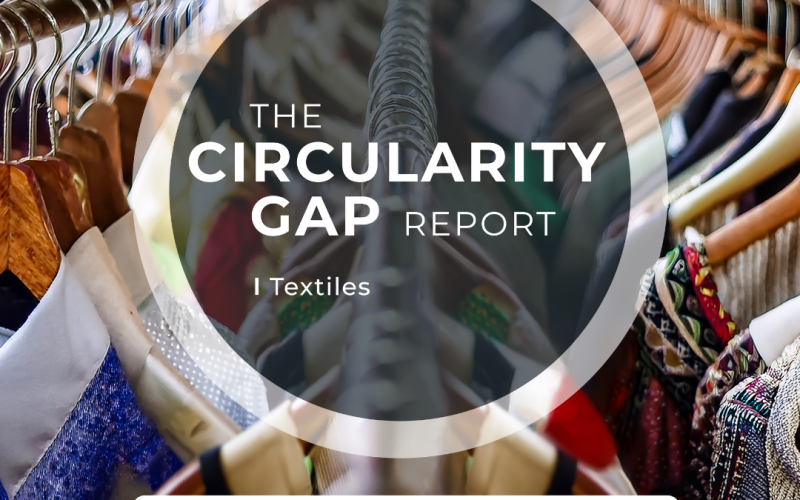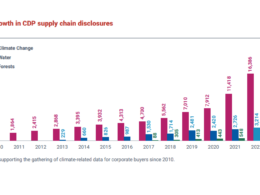A new report by Circle Economy reveals the critical need for circularity in the global textile sector, which consumes 3.25 billion tonnes of materials annually. The ‘Circularity Gap Report Textiles’, funded by H&M Foundation, provides an in-depth analysis of material flows and environmental impacts across the value chain of textiles, clothing, leather, and footwear. Alarming findings show that only 0.3% of the 3.25 billion tonnes of materials in the textile sector come from recycled sources while 70% of raw materials are derived from fossil-fuel-based synthetic fibres.
The report outlines a pathway toward a sustainable and circular textile industry, emphasising renewable and recycled fibres, enhanced garment durability, localized supply chains, and a reduction in production and consumption volumes.
Christiane Dolva, Head of Innovation, Research & Demonstration at the H&M Foundation said, “We supported this report to provide the textile industry with actionable insights. The report highlights the most impactful circularity efforts. While not a complete solution, circularity is a powerful tool for driving meaningful change. We hope these insights will support industry-wide transformation, benefiting both people and the planet.”
The report proposes four key recommendations for the industry – reducing production volumes by addressing overproduction, reshaping cycles, and cutting resource use; broadening environmental priorities by focusing on impacts beyond carbon, including water ecosystems; ensuring a socially just transition by promoting fair wages, decent work, and better working conditions, and; fostering coordinated action by engaging science, technology, policy, and finance sectors in collaboration.
“The CGR Textiles is groundbreaking as the first in-depth analysis to measure circularity within the textiles sector. This report highlights the urgent need for solutions that transform the entire textile value chain toward a circular model. Only through concrete, scalable actions can the industry contribute meaningfully to a sustainable future,” said Hilde van Duijn, Managing Director of Circle Economy Foundation.
The H&M Foundation, which supports initiatives such as the Global Change Award and Saamuhika Shakti, plans to use the report’s findings to guide its philanthropic efforts in decarbonising the industry while ensuring fairness and inclusivity. These initiatives aim to accelerate innovation and promote inclusive circularity, with a focus on benefiting both people and the planet.






















